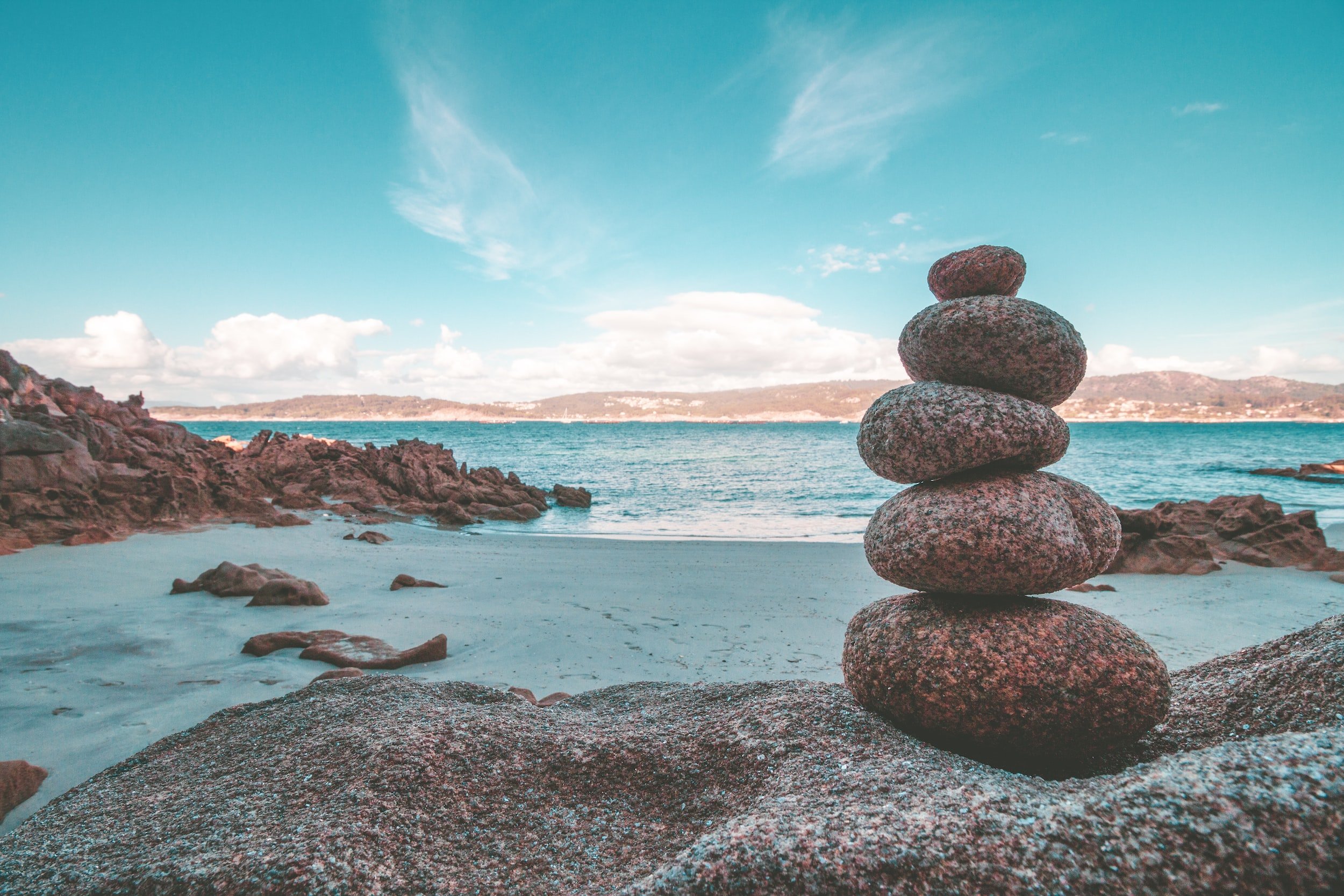A Fulfilling Existence
“You can observe a lot just by watching.” ~Yogi Berra
Join Piero Falci’s workshop Mindfulness Meditation and Mindful Living: An Introduction beginning on Tuesday, February 14.
The practice of mindfulness meditation prepares us to live more mindfully in the present moment. It is a training that sharpens our ability to pay attention and notice what is going on, both around us and within us.
This practice allows us to live more attentively and be more aware. This expanded awareness, and the more mindful choices that it brings about, enhances our well-being and the overall quality of our lives. As we practice, we begin to pay more attention to our own selves and to the world around us, and begin to notice beauty that we didn’t see before, or that we once saw but don’t see any more. We discover magic, mystery, and miracles even in the simplest things, and begin to live in a state of amazement with the wonders that surround us. We experience a sense of gratitude for all that has been freely given to us, and feel richly blessed, realizing how fortunate we already are.
This more mindful way of living—a life in which the pace is slower and the attention greater—allows us to savor and enjoy a lot more. It is as if, with the slower pace and greater attention, high doses of elegance and refinement are introduced in our days.
With our sharpened ability to notice and feel, every unremarkable item suddenly becomes a masterpiece for our sensory enjoyment; every meal, no matter how simple, becomes a banquet; every occurrence, no matter how ordinary, is sensed as extraordinary.
Noticing nature, the vegetation, the leaves moving with the wind, and feeling the cool breeze caressing the skin, awakens in us awe and wonder. Awe reduces the grip of the self. We experience what feels like the dissolution of the self and a communion with nature, a coalescence with all that is. We begin to feel extremely rich, but in a different way: we feel owners of a kind of wealth that has nothing to do with one’s financial situation, or with the accumulation of possessions that money can buy, but a wealth that is already present, available, and immensely more satisfying. This more mindful way of living leads us to a joyful acceptance of what we have, what we do, and who we are. We begin to experience a sense of contentment that tames our relentless urge to do more, have more, and be more. And when we find ourselves engulfed in this restful cloud of peace, we suddenly realize that we are happier already, right here, right now.
Mindful living is, truly, a love affair with our own lives.
Pausing and practicing
Let’s pause, close our eyes and direct our attention to our breathing. Let’s observe what happens when we breathe. Let’s investigate with friendly curiosity the cycle of breathing: the in-breath, the pause when the lungs are full, the out-breath, and the pause when the lungs are empty. Let’s not do anything else; just observe. That’s all. As we do this, let’s notice how our attention shifts away from our breathing to our thoughts.
We are, by nature, thought-producing machines who give rise to tens of thousands of thoughts a day. We operate in this world with a constant background noise generated by thoughts that have nothing to do with the present moment. Well, during meditation, our job is to pay attention to a previously selected object of attention, in our case, the breath, and the amazing thing is that by doing so we also become aware of the activity of the mind. When this happens, we can choose not to engage with the thoughts; we can choose not to start a mental conversation.
After congratulating ourselves for being able to notice the thoughts, we simply acknowledge them, and gently invite them to leave. We gently release them and bring our attention back to our breath. And we do this, over and over again.
This is a very basic and simple form of meditation that should be done for several minutes, once, twice, or several times a day. Why? Because this allows us to develop some control over our minds, and, in the final analysis, control over our lives. Well, it should be said that we are not really trying to control our minds. What we are doing is preventing the mind from controlling us. How? As we practice, we develop the ability to observe ourselves, our thoughts, and our moods. We develop a present moment awareness that helps us stay with what is important while releasing what is not. This moment-to-moment present moment awareness is what enhances our inner peace.
Piero Falci teaches Mindfulness Meditation and Mindful Living, leads Insight Meditation Silent Retreats, and organizes Silent Peace Walks. Piero is an educator who believes that the inner work that leads to personal awakening and transformation is indispensable to create a better world. He aspires to live a life that matters and hopes to inspire others to do the same. He is devoted to helping individuals have insights that may expand selflessness and compassion and lead to the growth of kindness and care for all sentient beings and the natural environment. He is a promoter of peace who believes in advancing the idea that Heaven is here if we want it to be. This essay is from his latest 3-book series Mindfulness for a Better Mind, Life, and World. For more information, visit www.PieroFalci.com

